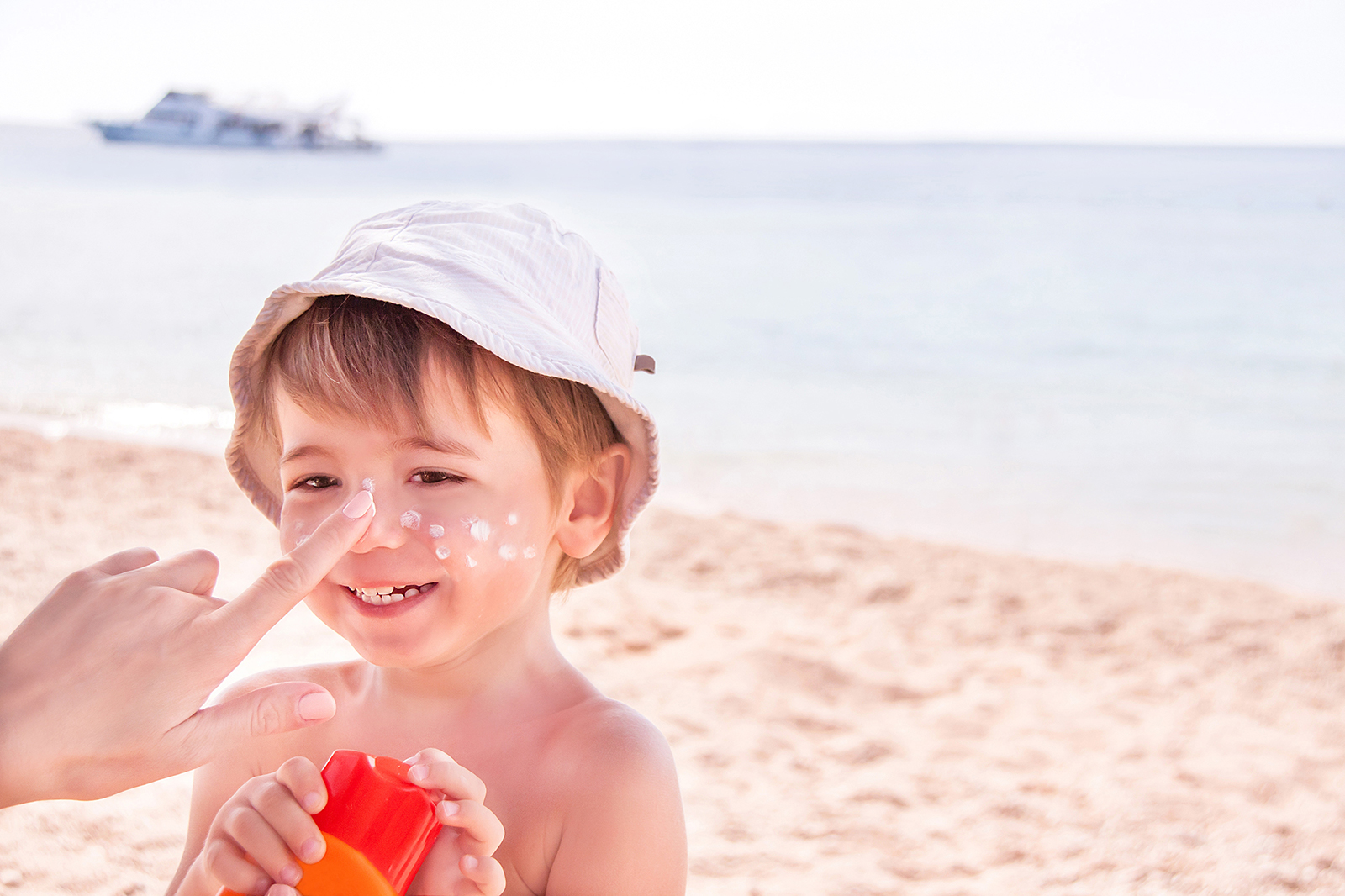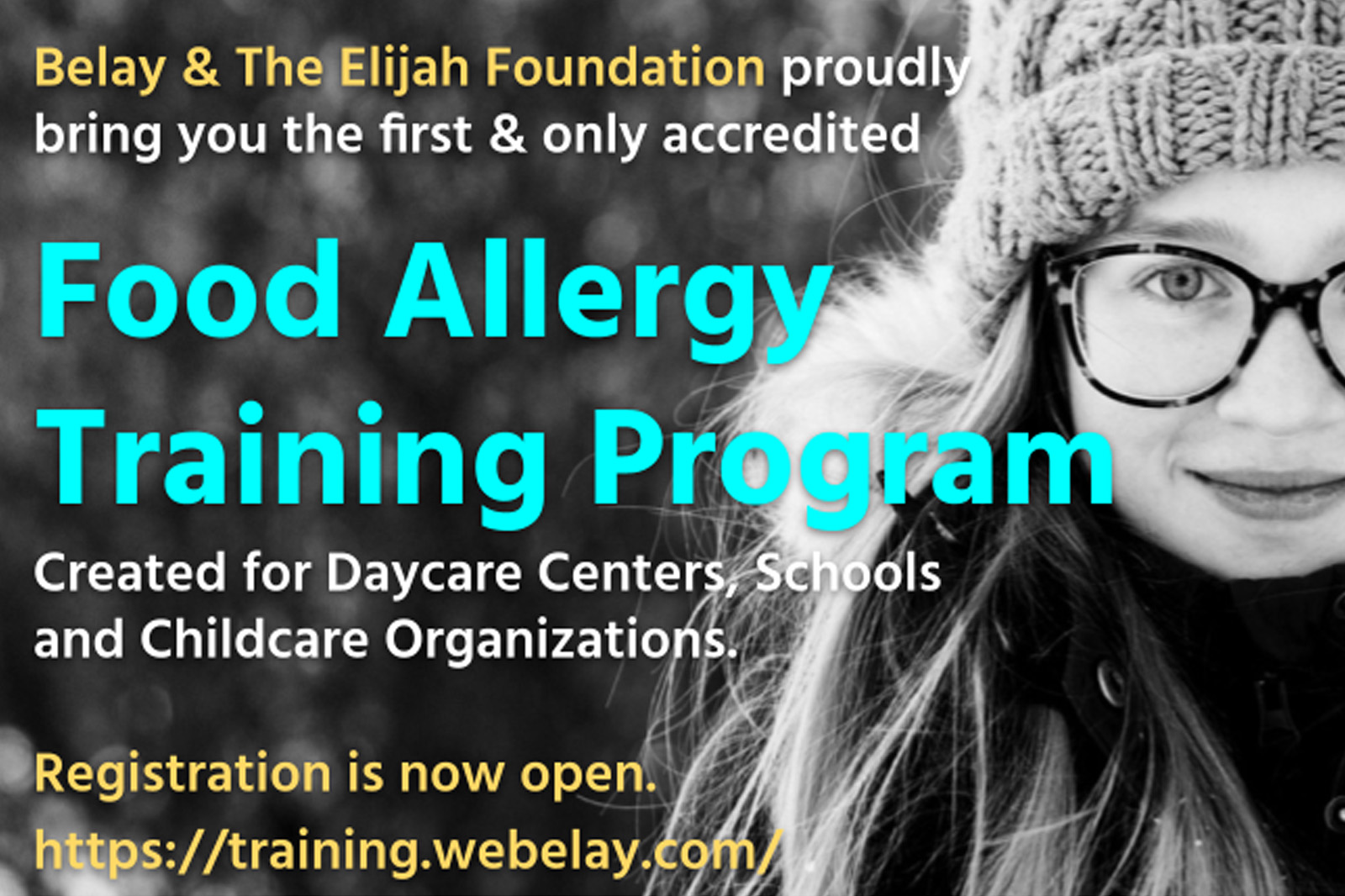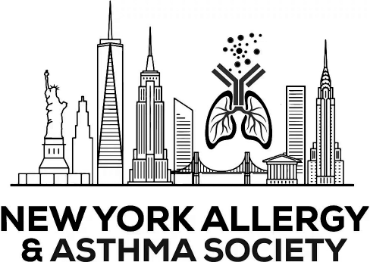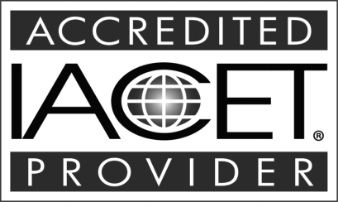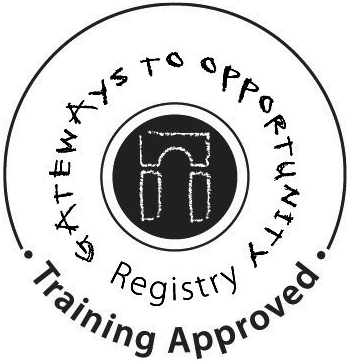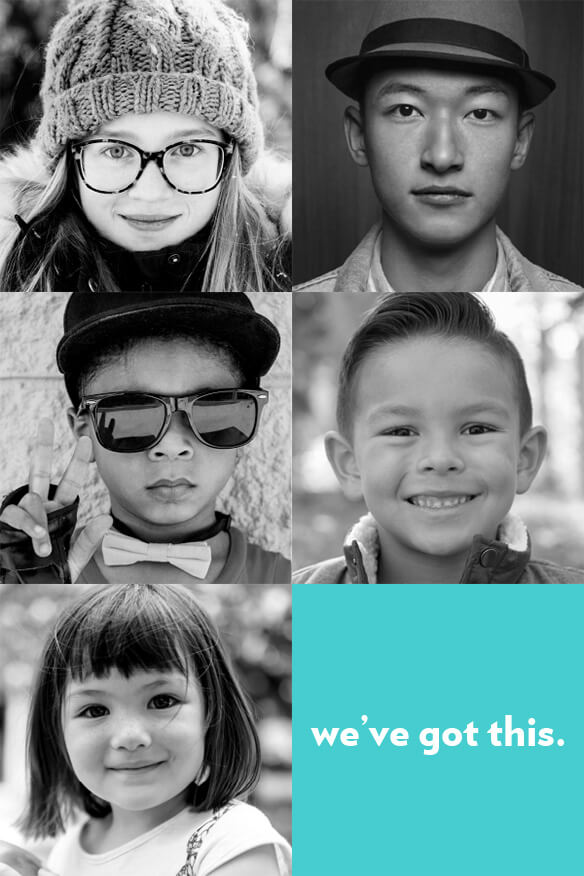By now, most parents are counting down the minutes to the start of summer camp and are more than willing to oblige in whatever Covid protection measures are required to get their kids off the screen, outta the house and back to the business of having the best time ever. Allergy parents want the same thing. We really do. But some of us kinda don’t miss all the allergy prep and anxiety (our own mostly) that goes into safeguarding our food allergic kids at camp. A silent minority of us were getting pretty comfortable with one more year of “no camp to worry about.” But that’s yesterday’s news.
For allergy parents sending their kids off for the first time – day camp or overnight – this is a colossal rite of passage and privilege that gets far less dramatic in time.
But here’s the thing; leaving your child in the care of teachers for the first time is quite different than entrusting him to a litter of gawky camp counsellors – more fun for the kids, but an added challenge for even the more seasoned allergy parent.
I was a nervous wreck sending my son off to day-camp for the first time, even though his camp was amazingly accommodating. They even invited me to join other parents of anaphylactic campers along with the camp’s medical crew on a panel for staff training. The camp believed it was important for the staff to hear directly from allergy parents on what it takes for us to leave our little ones in their care (super impressive given this was 2008). The parents were a mix of newbies and returning. One old-timer told a story of her son having a reaction at the camp a few years earlier and detailed how smart and compassionate the staff were at handling the emergency – from his counselor identifying the onset of a reaction and administering his EpiPen, to how the camp’s staff cared for and comforted her son all the way through the hospital stay and beyond. It was one of those blessings-in-disguise scenarios.
As parents, we do what we need to do to protect our food-allergic kids from an anaphylactic episode, but no amount of training beats real hands-on experience. And no amount of vigilance is foolproof. The boy’s counselor had never handled a medical emergency before. He was 18 years old and he was first trained on the EpiPen in pre-camp that summer. He was also well versed on his camper’s allergy action plan, but until the plan became a reality, it was anyone’s guess how an anaphylactic emergency would actually play out.
It’s been 13 years and I remember that day so clearly. It was a game changer for me. So was that mother, who gave me more reassurance than I could have hoped for, especially after another mother on the panel nudged me to say that her daughter’s bus counselor brought unvetted donuts for the kids on the first day of camp the previous year.
For all the good, the bad and the ugly, we’re all in this together. We might feel alone when we find ourselves mostly surrounded by non-allergy parents bemoaning camp packing lists, hurrying to set up pre-camp playdates to secure their kids’ social standing and loading up on contraband snacks… But the more of us allergy parents who show up and share our stories, the more supported we all are.
So, the question of camp. Fear it or not, it’s back and it can be one of the most positively transformative experiences for food-allergic kids and ourselves, if we let it.
Choosing the best camp for YOU
If you’ve decided to send your little allergic one off to camp for the first time this summer, you’ve likely already done your research and been in touch with the camp director. Your comfort level in that first conversation likely informed your decision to send your kid there. But in the interest of helping young families navigate the question of camp for the first (or second or third…) time, let’s break it down.
Choosing the right camp starts with your comfort level and priorities, which may be different than others in the anaphylaxis community, and your non-allergy friends and fam. That said, it’s important to set a baseline for what you can expect. Getting strong recos from like-minded people is great reconnaissance. And making those first calls to camp directors is key to finding your match.
Whatever that first conversation entails, here are the key questions to ask
1. What is your camp’s allergy policy?
2. How is it communicated?
3. How is it enforced?
4. How confident are you that you can accommodate my child and ensure his safety?
5. Is there an onsite medical team?
6. What and how far is the nearest hospital?
7. Do you stock epinephrine?
8. What is your experience handling campers with anaphylaxis?
9. When assigning staff, do you match more experienced counselors with campers who require added vigilance? (some camps stick their youngest staff with the youngest campers)
10. How flexible are you to collaborate with me/us to create a personalized allergy management plan for my child?
If you’re still interested in this camp, then here’s some next-level questions
1. Can I communicate directly with the camp’s food director (head of catering, whatever) to review menus and ingredient lists, etc. once they’ve been established?
2. Can I send special food, if necessary?
3. What kind of Anaphylaxis training do you provide? Can I train my child’s staff directly?
4. What is the camper-counselor ratio for each cabin group?
5. Are there field trips, overnights, canoe trips? If so, where and what is the out-of-camp allergy policy and emergency protocol? (i.e. where is the food coming from, what is the emergency evacuation plan?)
6. Can we meet directly with his counselors once they are assigned? Do you consider assigning anaphylactic staff to cabins with anaphylactic campers? (If they don’t, it’s a fantastic idea.)
Once you’ve chosen your camp, it’s never too early to get moving on the Anaphylaxis Action Plan (or Emergency Care Plan). If you’ve already got one for school or for programs during the year, that’s great, but it’s going to need revision. The summer months and the great outdoors bring a whole new posse of challenges to our food-allergic kids – sun, heat, sweat, swimming, chlorine, busses, insects, wildlife, dusty cabins, smoky fires, smores, ice cream treats, nuts that fall from trees, new catering services, teenage group leaders…
I thought I had crossed every T in my first-year prep. My son would wear his EpiPen, but unlike at school, there would be several times throughout the day he would have to take it off. So, we devised a plan for each activity that would require him to remove his carrier (swim, mud slides, sports) to ensure it is stored properly and returned to his waist afterward. That worked well. But when my little guy arrived home one day with a gift of painted eggshells and a necklace made of breakfast cereal and gummies, my confidence was momentarily shattered. Who woulda thunk to check on the food the camp might use for arts & crafts? My kid was severely allergic to raw egg. He had a life-threatening reaction to it just before his 3rd birthday. That was explicitly covered in my staff training, but far be it from me at that time to even think about raw eggs and bulk-bin sweets in this context.
The point is, experience is our friend. It feels scary to take this leap of faith, but going to places that scare us builds confidence and knowledge – in our kiddos as well. Mishaps are inevitable, but they add to our breadth of experience and inform our action plans. With vigilance and communication, sending our allergic kids to camp can be one of the greatest gifts we give them.
Trust your gut!
In the meantime, if you’re looking for a starting point or a little inspo, check out my very first camp action plan. I created it six months in advance of my son’s first summer at camp, as a launch point for staff training. It’s been revised 101 times since…
Do you have a great Anaphylaxis Action Plan you want to share? We’d love to see it and maybe even publish it for our community.


